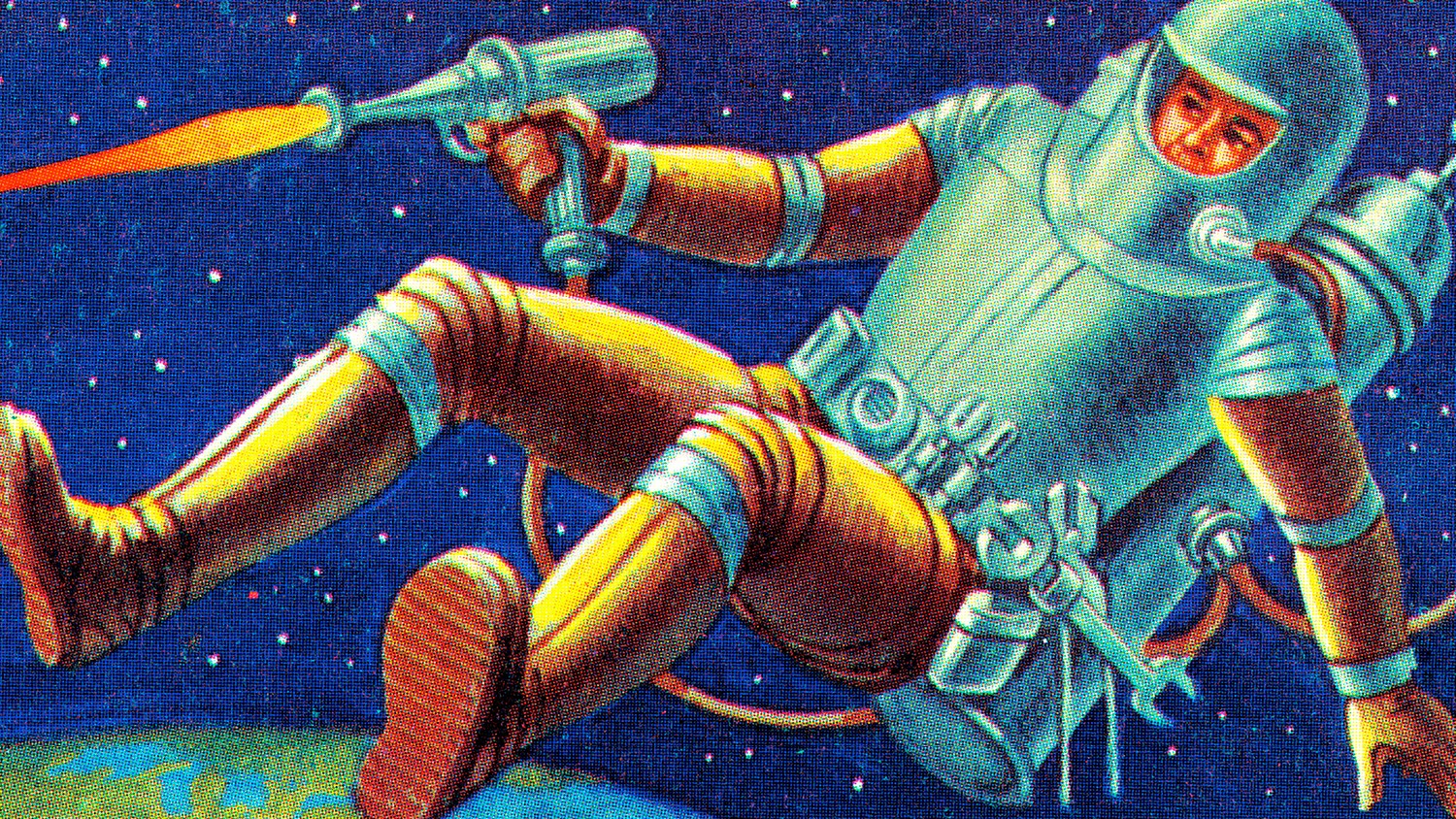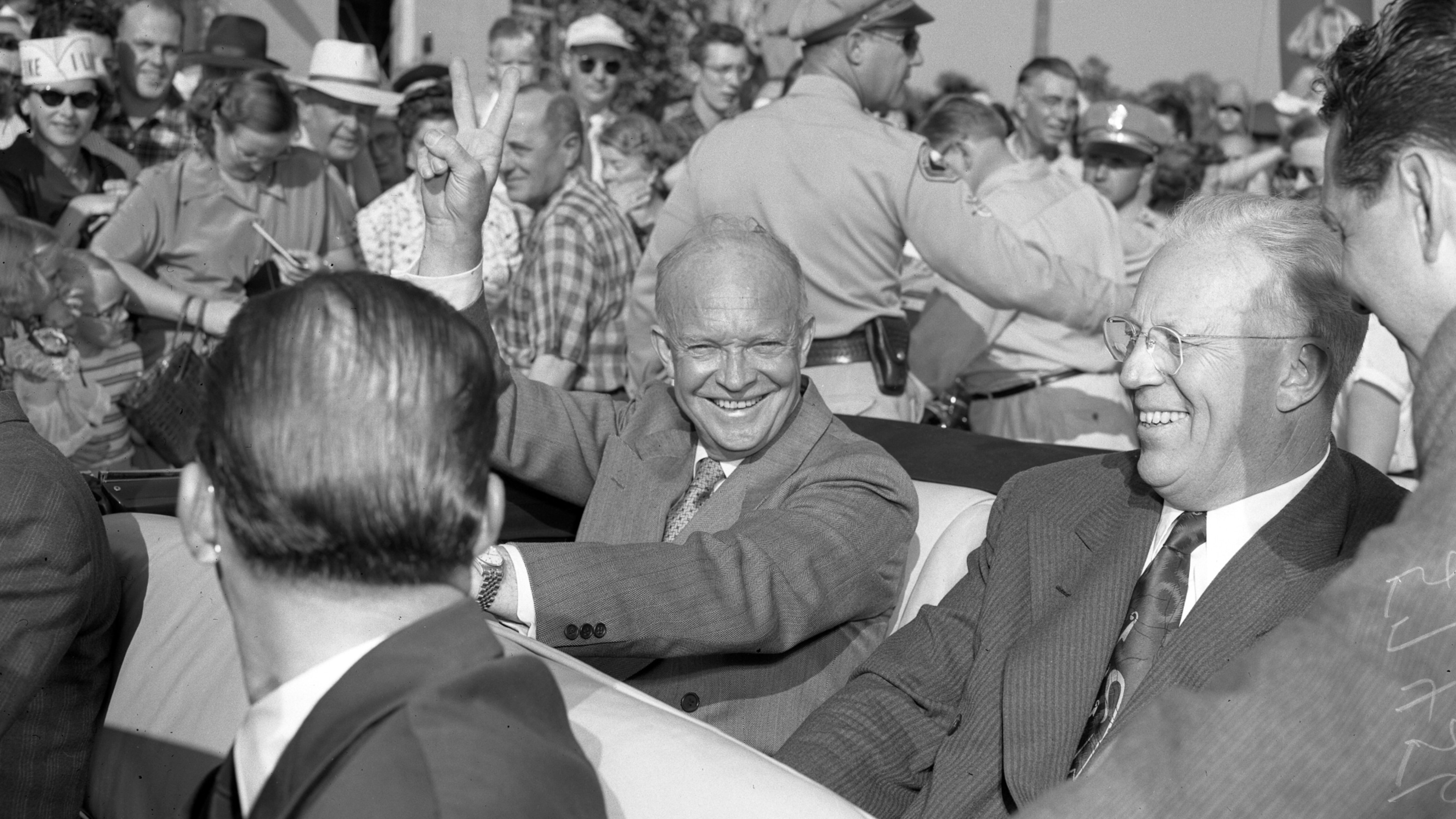Dickson Despommier gives four answers: the Malthusian, the Darwinian, the Smithian, and his own.
Dickson Despommier:
Well, if I were Malthus I’d give you that answer of course. My name is
Charles Darwin, I’ll give you another answer. In fact, if I was Adam
Smith I’d give you a third answer. Well, I have too many answers for
you. The mechanical era has sort of obviated the need for doomsday
predictions with regards to out of control populations because every
time it appeared that we couldn’t do anything more, we could do
something more. So we had the first green revolutions which I just
talked about. The second green revolution came when it became obvious
that if you don’t start fertilizing the ground with fertilizers, with
food supplements I should say, and if we don’t start trying to get rid
of the competitor species, mainly the weeds with herbicides and also
the pests that want to eat this crop, that we can outgrow to profusion
as a result of the invention of dynamite by the way. Yeah, because it
allowed us to clear the fields of all those rotten little trees that we
had to get rid of. So too bad, because we can use those trees again. We
now find ourselves in another dilemma where we think the population
will peak, and the food supply will dwindle, so we’ll be once again
involved in a Malthusian mind game. I don’t believe that for a minute.
I think that that whatever problem is presented to the human species,
we’ve got such a big cerebral cortex we can solve it if we all agree
to. And that’s the issue. Do we want to solve the next problem to usher
in the third green revolution? The second one was all of those
pesticides, herbicides and fertilizer things, plus not genetically
modified foods but certainly highly selected foods, and in fact, if you
look at our foods today virtually every crop that’s grown originated
from some wild plant that you would not recognize. An apple was about
the size of a little pea. It started out in Russia someplace, and if
you took a bite of it you wouldn’t be able to eat for a week. Your
mouth would be closed. It’s so sour that you wouldn’t believe that
someone would actually want to eat this thing. But yet domestication of
that plant has now resulted in believe it or not 20,000 different
varieties of apples from a single unit plant. All right, so you look at
wheat, it’s been the same. You look at rice, it’s been the same. We’ve
been marvelous at selecting crops to fit into climates that are suited
for the optimum growth of those plants. But what was there before?
That’s the point. There was a natural ecosystem there before we planted
those crops.
Recorded on: 6/10/08





